Minsk’s muddled media clampdown could jeopardize warming of relations with the West.
Andrei Yahorau: Meetings at level of CIS have ritual features rather than rich content

On May 31 heads of government held a CIS council meeting with the Prime Ministers from all six member-countries of the CIS.
“Such meetings have ritual sense. Russia has certain geopolitical interests, trying to extend its influence using these instruments”.
This opinion in the talk with the EuroBelarus Information Service shared Andrei Yahorau, political scientist, the director of the Centre for European transformation.
The expert believes that meetings at CIS level allow resolving the problems of bilateral contacts rather than invest into some integration processes and revival of CIS aimed at making it real geopolitical structure.
On the whole, being a geopolitical structure, CIS has no real economic grounds, the political scientist believes. “It is exclusively an ideological political union — an alliance of states which haven’t proclaimed the western choice of development path; the path of democratic changes. CIS is a unique club for post-Soviet countries which refuse to follow the direction of the whole modern world,” Andrei Yahorau described this structure.
Of course, some countries try to use CIS as an instrument for gaining profit in exchange for wheedling. However, as the political scientist highlighted, this international organization has no other economic grounds.
Simultaneously with CIS council meeting Minsk witnessed Forum of business groups. Does this event have any sense at all?
Andrei Yahorau compared this forum with cargo cult. During the Second World War in the isles of the Pacific Ocean American cargos brought food and other goods. In result the natives started building runways from straw and bamboo in order to make new goods arrive.
Others
-
In Belarus, a rising fear: Will we be the next Ukraine?
The relationship between Russia and Belarus has never been an easy one. The two former Soviet republics have spent the last two decades on a roller coaster ride — sometimes allies, sometimes adversaries in heated public rows.
-
The EU’s Benign Neglect of Eastern Europe
Between November 6 and December 11, 2015, Carnegie Europe continued its Capitals Series. In this second phase, the focus was on the EU’s Eastern neighbors, which the bloc has so often zigzagged over in trying to establish a coherent policy toward them collectively or bilaterally.
-
New ENP and Civil Society’s Role in Focus of the 7th EaP CSF Annual Assembly (Photo)
The 7th Annual Assembly of the Eastern Partnership Civil Society Forum was held in Kyiv on 19-21 November attracting around 300 participants, observers and guests who attended more than 20 sessions and a Networking Fair in the framework of the Assembly.
-
Is social economy a phenomenon for Belarus?
The conference “Social economy: how to be successful despite the crisis” launched in Minsk on October 22.

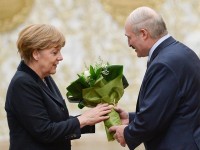
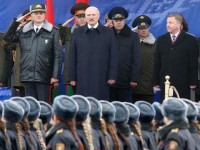
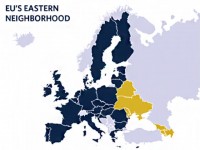
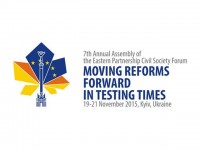
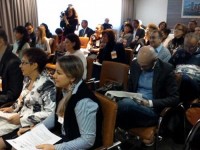
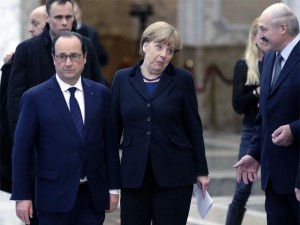

Comments
From farewell to a new Eastern policy and towards a new development
Poland and Germany were both initiators and drivers of a New Eastern policy linked to the Eastern neighborhood and Russia/Soviet Union.